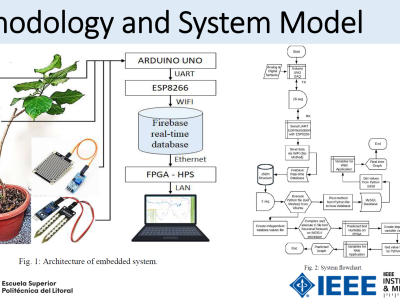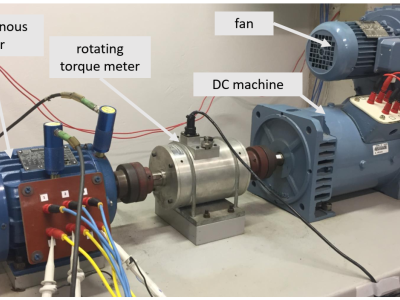Real-world falls in Multiple Sclerosis (MS)

- Citation Author(s):
-
Clara Mosquera-Lopez (Oregon Health and Science University)Eric WanMahesh ShastryJonathon FolsomJoseph LeitschuhJohn CondonUma RajhbeharrysinghAndrea HildebrandMichelle CameronPeter Jacobs
- Submitted by:
- Clara Mosquera-Lopez
- Last updated:
- DOI:
- 10.21227/xcnr-nz43
- Data Format:
 1149 views
1149 views
- Categories:
- Keywords:
Abstract
Falls are a major health problem with one in three people over the age of 65 falling each year, oftentimes causing hip fractures, disability, reduced mobility, hospitalization and death. A major limitation in fall detection algorithm development is an absence of real-world falls data. Fall detection algorithms are typically trained on simulated fall data that contain a well-balanced number of examples of falls and activities of daily living. However, real-world falls occur infrequently, making them difficult to capture and causing severe data imbalance. People with multiple sclerosis (MS) fall frequently, and their risk of falling increases with disease progression. Because of their high fall incidence, people with MS provide an ideal model for studying falls. This paper describes the development of a context-aware fall detection system based on inertial sensors and time of flight sensors that is robust to imbalance, which is trained and evaluated on real-world falls in people with MS. The algorithm uses an auto-encoder that detects fall candidates using reconstruction error of accelerometer signals followed by a hyper-ensemble of balanced random forests trained using both acceleration and movement features. On a clinical dataset obtained from 25 people with MS monitored over eight weeks during free-living conditions, 54 falls were observed and our system achieved a sensitivity of 92.14%, and false-positive rate of 0.65 false alarms per day.
Instructions:
Follow instruction in readme file







